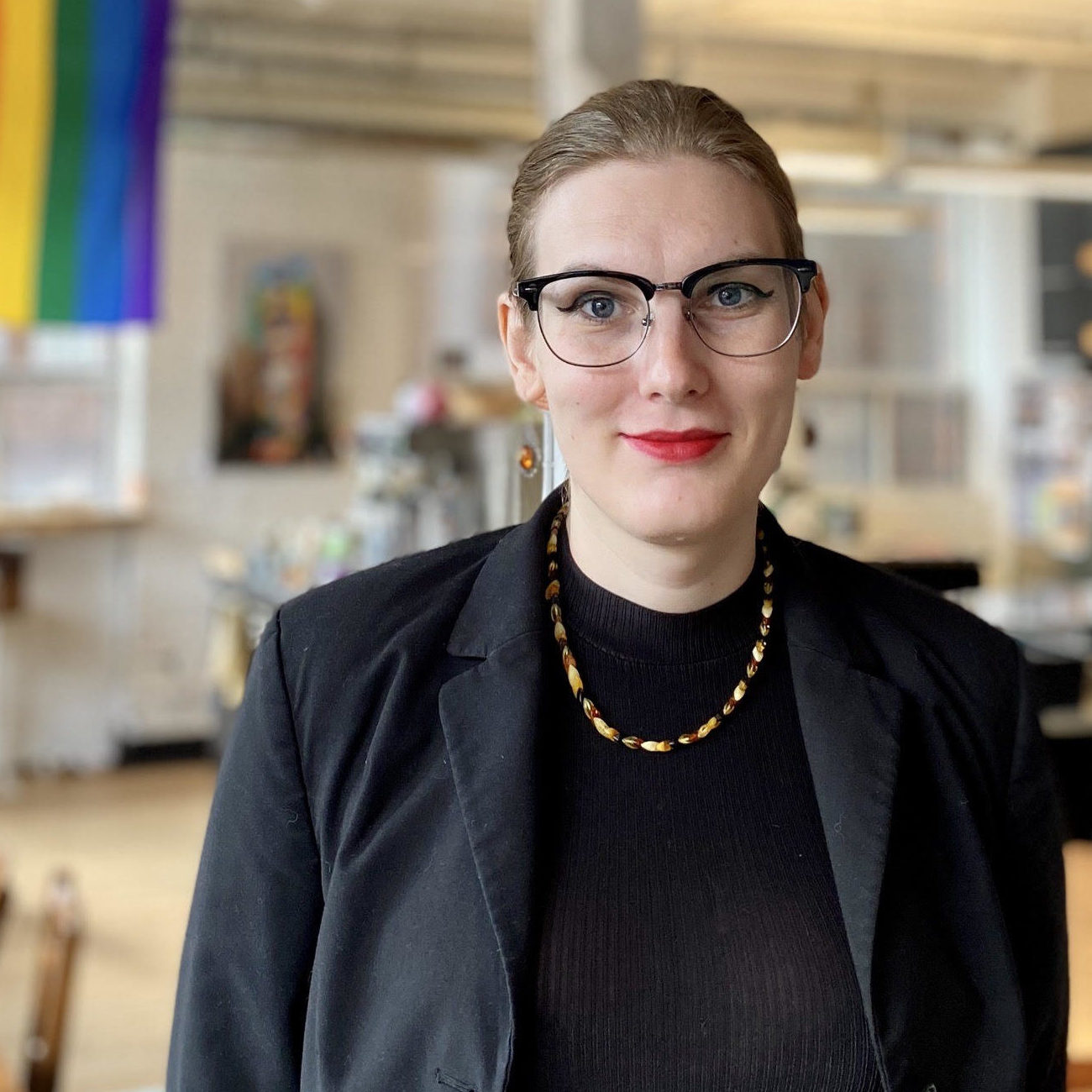Algonquin College community members joined Pride at Work Canada’s Re-thinking LGBTQ2+ Inclusion Training workshop on Feb. 24 with the goal of learning about how to educate employees on LGBTQ2+ training and pitfalls.
The virtual event was hosted by Jade Pichette, Pride at Work Canada’s manager of programs, and Meike Jourdain, Pride at Work Canada’s programs assistant.
The session is the first in a series Pride at Work Canada is holding. The sessions focus on practical discussions to address partner needs.
The event kicked off with what Pride at Work Canada is about.
“Through dialogue, education and thought leadership, we empower employers to build workplaces that celebrate all employees regardless of gender expression, gender identity, and sexual orientation,” Pichette said. “We create safer, more inclusive workplace.”

Participants learned about the history lesson of inclusion training, activist movements, the origins of LGBTQ2+ training and issues like unconscious bias training.
They were also asked to participate in a poll. It asked about when diversity inclusion training started generally or in your workplaces.
The results varied from the 1960s to 2020.
“The variety of your answers definitely shows the way in which diversity and inclusion training has had distinct phases, and is certainly changed a lot over the years,” said Jourdain.
Pichette recommended participants seek to tie training into the workplace in order to make LGBTQ2+ training a common practice.
“Look to be proactive, so that LGBTQ2+ training is considered normalized, is just considered part of the work environment just like any other training that you would need to go through,” said Pichette.
Pichette and Jourdain addressed the appropriate formatting of the training for the participant’s organization.
“We really need to look at what format are we using, because that also impacts how we can make that training effective,” Pichette said.
Solutions for these formats included in-person, e-learning, allyship training and integration into meetings.
Quinn Blue, Algonquin’s Wellness and Equity Centre coordinator who attended the event, had a positive impression of the session.
“They are very useful events, in a diverse sort of way,” Blue said. ” I think that they are always a good idea if the topics are relevant to different people.”
Several portions of the event resonated with Blue.
“I thought it was really useful that they brought up that training always needs to be linked to structural change,” Blue said. “And that there needs to be follow-ups to any training that is done. We really need to be intentional and careful about how and why we’re doing training.”
At the end of the session, participants were offered resources to help further and strengthen LGBTQ2+ training in their workplace.


